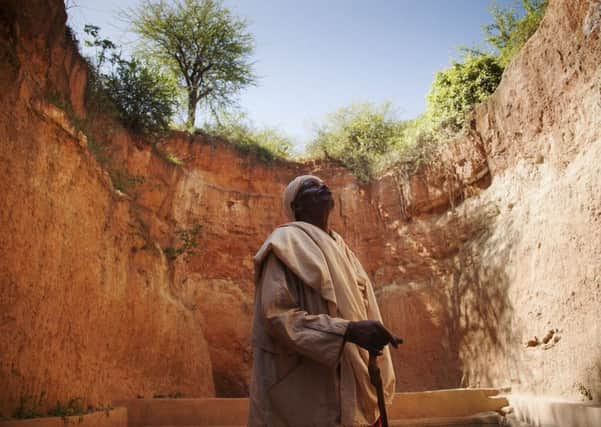Four steps to helping poor in a harsh world


In Nicaragua whole villages have been left deserted as wells and rivers have dried up and people’s crops have withered in the ground. Families have been forced to move to nearby towns and cities in search of food and work. The traditional rains they depend on to grow crops like maize, beans and vegetables, which would normally sustain them through the dry season, simply haven’t come.
Climate change is leading to more frequent and severe droughts globally, hitting the world’s poorest people first and hardest, despite them having done the least to cause the problem. That’s why it’s crucial that here in Scotland we do everything we can to help those in need, and reduce our own impact on the climate.
Advertisement
Hide AdAdvertisement
Hide AdMoney from people in Scotland and the Big Lottery Fund is helping more than 1,000 families in Nicaragua and El Salvador survive the current drought crisis. Emergency food supplies are being given to the most vulnerable families, including the elderly.
For the longer term we’re also providing families with new seeds to replace those they’ve lost, installing emergency water storage tanks and deepening wells to capture more water when it does rain, and training communities in water and soil conservation.
Work like this is becoming more important all around the world. In Malawi and Zambia we’re working with poor farmers to help them cope with the onset of climate change. Money from SCIAF and the Scottish Government is enabling them to grow a wider variety of crops, conserve water and improve the quality of their soil so they can grow more food.
While this work is vital, wealthy countries like Scotland must do more to reduce the impact they have on the environment.
Today, nearly a hundred people from all over Scotland – from as far afield as the Western Isles, Highlands and Borders – are meeting their